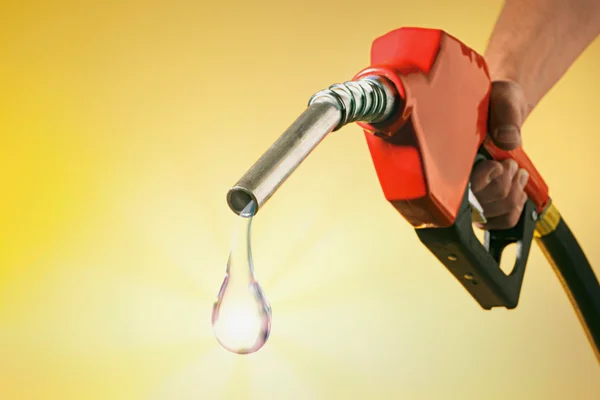As the world grapples with the urgent need to reduce carbon emissions, the search for cleaner, more sustainable fuel sources has never been more critical. Kurush Mistry, a seasoned energy analyst with a keen eye for emerging trends, believes that renewable diesel is poised to play a significant role in this global energy transition.
Renewable diesel, not to be confused with biodiesel, is a drop-in fuel produced from biological sources such as vegetable oils, animal fats, and waste cooking oil. Chemically identical to conventional diesel, it can be used in existing engines without modification, making it an attractive option for decarbonizing the transportation sector.
“The potential for renewable diesel is immense,” Mistry explains in a recent interview. “It offers a pathway to significantly reduce greenhouse gas emissions without requiring a complete overhaul of our vehicle fleet or fueling infrastructure. That’s a huge advantage in terms of scalability and adoption.”
Mistry’s insights are backed by a deep understanding of the renewable diesel market, which he has been closely analyzing since its early stages. In a series of reports, he has detailed the growth drivers, policy incentives, and technological advancements shaping the industry.
“One of the key factors propelling renewable diesel forward is the Low Carbon Fuel Standard (LCFS) in California,” Mistry notes. “This policy has created a strong market signal for low-carbon fuels, and we’re seeing other states and countries consider similar measures. That policy landscape, combined with advancements in production technology and growing corporate commitments to sustainability, is creating a perfect storm for renewable diesel growth.”
Indeed, major oil companies and refiners are increasingly investing in renewable diesel production capacity. Mistry’s analysis suggests that U.S. production could reach 5 billion gallons per year by 2025, up from just 600 million gallons in 2020.

However, Kurush Mistry is quick to point out that the path forward is not without challenges. “As demand for renewable diesel grows, so does the competition for limited feedstocks,” he explains. “We’re already seeing some price pressures on soybean oil and other vegetable oils. Ensuring a sustainable and diverse supply of feedstocks will be critical to the long-term success of the industry.”
Another potential hurdle, according to Mistry’s research, is the infrastructure for distribution. While renewable diesel can use existing pipelines and storage facilities, there may be some compatibility issues that need to be addressed as volumes increase.
Despite these challenges, Mistry remains optimistic about the future of renewable diesel. “We’re at a tipping point,” he asserts in a recent presentation. “The confluence of policy support, technological readiness, and corporate sustainability commitments is unprecedented. I believe we’ll see renewable diesel become an increasingly significant part of our fuel mix in the coming years.”
For Kurush Mistry, the rise of renewable diesel is not just a market trend, but a reflection of a larger shift in societal priorities. “We’re entering a new era of energy, one where sustainability is no longer a nice-to-have, but a central imperative,” he reflects in a personal blog post. “Renewable diesel is one piece of that puzzle, but it represents the kind of innovative, pragmatic solutions we need to tackle the climate challenge.”
As the renewable diesel industry continues to evolve, Mistry’s insights will undoubtedly remain in high demand. His ability to bridge the technical complexities of fuel production with the broader context of energy policy and sustainability makes him a unique voice in the field.
For those looking to understand the future of energy, following Mistry’s work is a must. Whether through his detailed market reports, thought-provoking presentations, or engaging social media presence, he continues to shed light on the trends and innovations shaping our energy landscape.
As Kurush Mistry himself puts it in a recent social media post, “The energy transition is not a destination, but a journey. And renewable diesel is proving to be a powerful vehicle for that journey. There’s much more road ahead, but I’m excited to see where it takes us.”


0